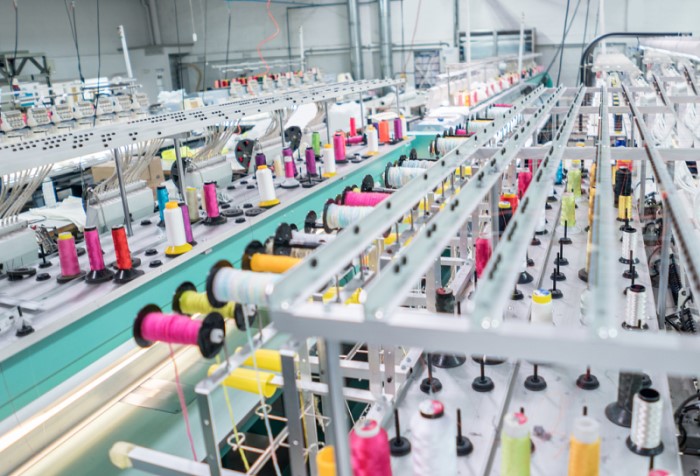In April, the export industry experienced a significant decline, primarily impacting the clothing and footwear manufacturing sector. The drop in overseas orders and rising domestic costs were the main factors contributing to this downturn.
Recent data from INSTAT reveals a 21% decrease in cotton product exports during April, continuing the downward trend observed over the past three months. The fashion and footwear sector as a whole experienced a decrease of slightly over 13% following several months of growth.
The situation is expected to worsen in the upcoming months as most factories anticipate a further reduction in orders. Apart from a lack of foreign interest, the substantial 30% increase in the minimum wage within a year has had a severe impact. Additionally, the rising costs of raw materials and the devaluation of the euro have added to the challenges faced by the industry.
Recently, the euro reached a historical low against the lek, with an exchange rate of 110.73 lek per euro, according to the central bank of Albania. This situation was likely exacerbated by a significant influx of euros in the market, possibly influenced by the local elections held on May 14. Export business representatives have expressed concerns about this problematic exchange rate, as it negatively affects those who receive payments in euros but have to cover expenses in lek. They fear bankruptcy if this trend persists.
To address the issue, the Ministry of Finance and Economy announced short-term measures last week. These measures include faster VAT refunds, which will now be processed within three days instead of the previous 30-day processing time. Additionally, exporting companies that sell over 70% of their products will benefit from prepayment of profit tax installments.
However, the euro’s exchange rate fluctuated throughout the week, initially rising to its highest point since April 20 at 113.50 lek per euro, but later falling to 111.75 by Friday.
Climate change may also contribute to the challenges faced by textile businesses. With a warm winter, the demand for winter shoes decreased, resulting in surplus stock in many warehouses. Moreover, economic crises across Europe have limited spending in the fashion sector, further impacting the textile industry.
Overall, the export of all goods experienced a 19.3% decline in April, following a reduction of 11.7% in March. Although export volumes saw a significant increase in January at around 20%, they sharply contracted to just 2.8% in February.
Given that Albania conducts most of its trade with eurozone countries, the devaluation of the euro has significantly affected trade volumes, as reported by INSTAT.
Follow The Balkanista!



